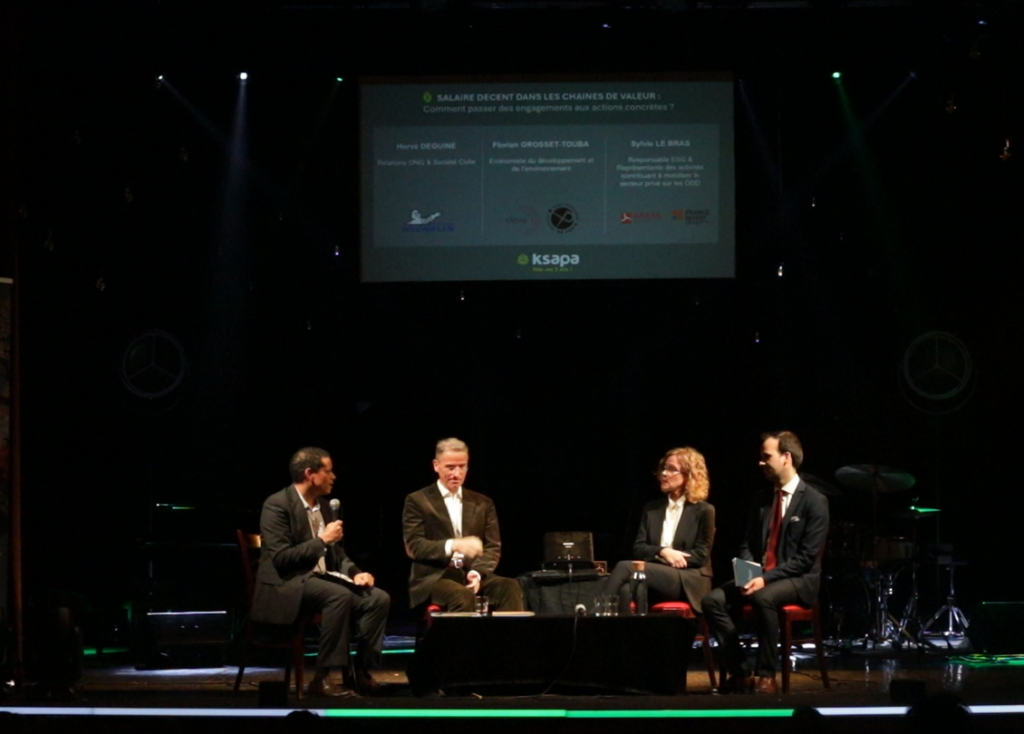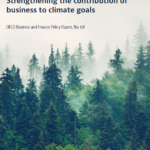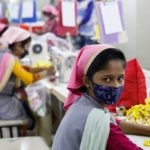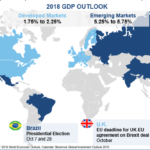The 2024 Ksapa Annual Event focused on the theme of a just transition, tackling various dimensions of this critical issue. Achieving environmental transition is impossible without addressing poverty and inclusivity; otherwise, resistance is inevitable. Ensuring decent wages in global value chains is a cornerstone for achieving the Sustainable Development Goals (SDGs) and compliance with CSRD. Yet, despite widespread commitments by companies and institutions, concrete implementation remains challenging. A dedicated panel titled “Decent Wages in Value Chains – How to Move from Commitments to Concrete Actions?” explored this topic through the perspectives of key stakeholders, including industry leaders, investors, and academic researchers. Esteemed speakers such as Hervé Deguine (NGO and Civil Society Relations at Michelin), Florian Grosset-Touba (Development and Environmental Economist, Institut Polytechnique de Paris working with MIT J-Pal network), and Sylvie Le Bras (Head of ESG at Arkéa Capital and representative of the French private equity business association France Invest) shared insights on stakeholder responsibilities, best practices, and strategies for scaling action. This article highlights the panel’s three key themes and provides actionable solutions to this pressing issue.
The Roles and Responsibilities of Key Stakeholders
Every stakeholder, from industries and investors to civil society, plays a critical role in ensuring decent working conditions throughout global value chains.
The Role of Corporations: Michelin’s Example
According to Hervé Deguine, Michelin addresses decent wages on three levels:
- Internal Operations: Ensuring that employees in its factories receive decent wages, which aligns with maintaining industrial competitiveness. Michelin’s approach to wages is multifaceted, adapting to cultural and regulatory contexts through measures like profit-sharing.
- Supplier Oversight: Enforcing stringent controls on working conditions and wages in its supply chains.
- Community Engagement: Collaborating with local stakeholders to foster economic opportunities in the regions where it operates.
A practical example of this is Michelin’s work with small-scale natural rubber producers. The company implements risk-prioritization policies and works with organizations like Ksapa to improve farmers’ incomes and promote sustainable environmental and human rights practices.
Investors’ Role: Arkéa Capital and role of private equity
Sylvie Le Bras emphasized the critical role of investors in mobilizing capital and encouraging businesses to adopt human-rights-compliant practices. Arkéa Capital actively raises awareness among small and medium-sized enterprises (SMEs) and local actors to integrate socially responsible principles. Over 90% of economy no matter the country depends upon SMEs. It is therefore absolutely critical and systemic to leverage influence at this level.
Through financing decisions, investors can demand sustainable practices from businesses. Tools like those developed by Ksapa for the private equity industry enable investors to incorporate social and environmental considerations into their strategic decisions, ensuring long-term value creation.
The Research Perspective: Understanding Local Contexts
Florian Grosset-Touba highlighted the role of academic research in offering tools to measure the impact of initiatives and understand local realities. His research projects are bridging the gap between poverty and value chain decarbonization, offering insights into cultural and economic nuances that affect the success of wage-related initiatives. For example, Grosset-Touba’s studies reveal that top-down wage initiatives, crafted without enough considering local motivations, often fail. A culturally attuned, bottom-up approach is crucial for meaningful and sustainable wage improvements.
Sharing Best Practices: Moving from Commitments to Action
Effective implementation requires learning from successful initiatives.
Michelin’s Cascade Project in Indonesia
The Cascade Project, spearheaded by Michelin and Ksapa, demonstrates the power of collaborative approaches in the natural rubber value chain. This initiative unites global players like German automakers with Indonesian manufacturers and thousands of small farmers.
The program aims to improve farmer incomes through structured engagement while enhancing local environmental practices. By incorporating small-scale farmers into a responsible supply chain, Cascade highlights how inclusive strategies can transform entire industries. Its success has encouraged Michelin and Ksapa to scale the program and replicate it in other critical supply regions worldwide.
Toolbox for Investors in the Private Equity Community
Sylvie Le Bras showcased a toolbox developed by Ksapa, in collaboration with over 15 private equity firms. This resource helps investors incorporate ESG criteria into their decision-making processes, ensuring alignment with EU Sustainable Finance Disclosure Regulation (SFDR) requirements.
By providing practical frameworks for risk evaluation and compliance, this toolbox equips investors to support businesses committed to human rights and encourage lagging companies to improve through clear expectations and certifications.
Scaling Up: Conditions for Success
To expand local successes into global impacts, several factors are essential:
- Adapted Financing: Sustainable initiatives need accessible, long-term funding.
- “Glocalization”: Global solutions must be locally relevant, respecting cultural and economic contexts.
- Regulatory Support: Governments must enforce clear standards and incentives for responsible practices.
Grosset-Touba concluded that these elements are interdependent and must work in unison to ensure scalable success.
Overcoming Challenges: Key Barriers and Solutions
Persistent Challenges
- Complex Value Chains: In industries like agriculture, tech, apparel or manufacturing, multiple intermediaries complicate oversight.
- Local Variability: Solutions that work in one region may fail elsewhere due to economic, cultural, or political differences.
- Resource Limitations: SMEs often lack the financial and human resources to adopt responsible practices.
Proposed Solutions
- Strengthen Multi-Stakeholder Collaboration: Initiatives like Cascade prove that partnerships between businesses, governments, and civil society are critical to overcoming systemic barriers.
- Innovate Financially: Investors should develop new financial models to support high-impact social and environmental projects.
- Raise Awareness: Educating consumers and employees can foster a culture of shared responsibility, driving demand for fair and ethical practices.
Conclusion
Transitioning from commitments to action on decent wages in value chains is a formidable but achievable goal. By leveraging diverse perspectives from industry, research, and investment, the Ksapa panel shed light on actionable solutions and inspiring examples.
Collaboration, innovation, and long-term commitment among stakeholders are vital for overcoming systemic challenges. Ultimately, ensuring decent wages is not just a matter of social justice but a prerequisite for building sustainable, inclusive, and resilient value chains capable of meeting 21st-century challenges.
Président et Cofondateur. Auteur de différents ouvrages sur les questions de RSE et développement durable. Expert international reconnu, Farid Baddache travaille à l’intégration des questions de droits de l’Homme et de climat comme leviers de résilience et de compétitivité des entreprises. Restez connectés avec Farid Baddache sur Twitter @Fbaddache.






























































































































































